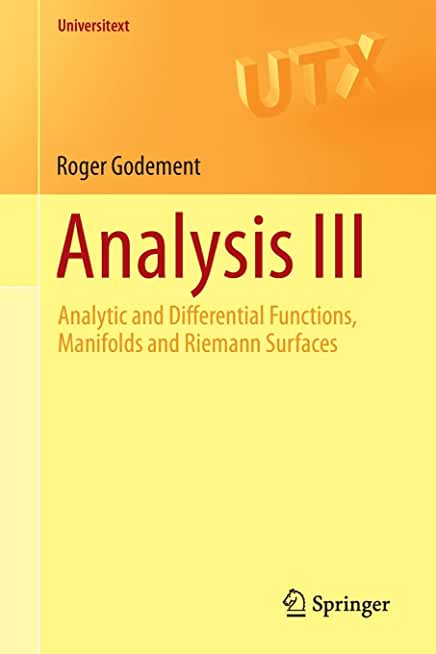

Most ebook files are in PDF format, so you can easily read them using various software such as Foxit Reader or directly on the Google Chrome browser.
Some ebook files are released by publishers in other formats such as .awz, .mobi, .epub, .fb2, etc. You may need to install specific software to read these formats on mobile/PC, such as Calibre.
Please read the tutorial at this link: https://ebookbell.com/faq
We offer FREE conversion to the popular formats you request; however, this may take some time. Therefore, right after payment, please email us, and we will try to provide the service as quickly as possible.
For some exceptional file formats or broken links (if any), please refrain from opening any disputes. Instead, email us first, and we will try to assist within a maximum of 6 hours.
EbookBell Team

5.0
68 reviewsVolume III sets out classical Cauchy theory. It is much more geared towards its innumerable applications than towards a more or less complete theory of analytic functions. Cauchy-type curvilinear integrals are then shown to generalize to any number of real variables (differential forms, Stokes-type formulas). The fundamentals of the theory of manifolds are then presented, mainly to provide the reader with a "canonical'' language and with some important theorems (change of variables in integration, differential equations). A final chapter shows how these theorems can be used to construct the compact Riemann surface of an algebraic function, a subject that is rarely addressed in the general literature though it only requires elementary techniques.
Besides the Lebesgue integral, Volume IV will set out a piece of specialized mathematics towards which the entire content of the previous volumes will converge: Jacobi, Riemann, Dedekind series and infinite products, elliptic functions, classical theory of modular functions and its modern version using the structure of the Lie algebra of SL(2,R).